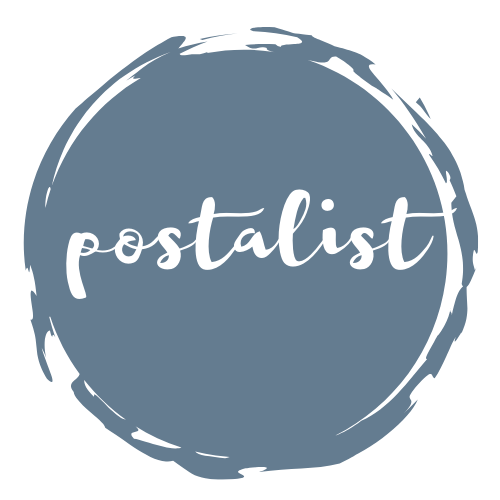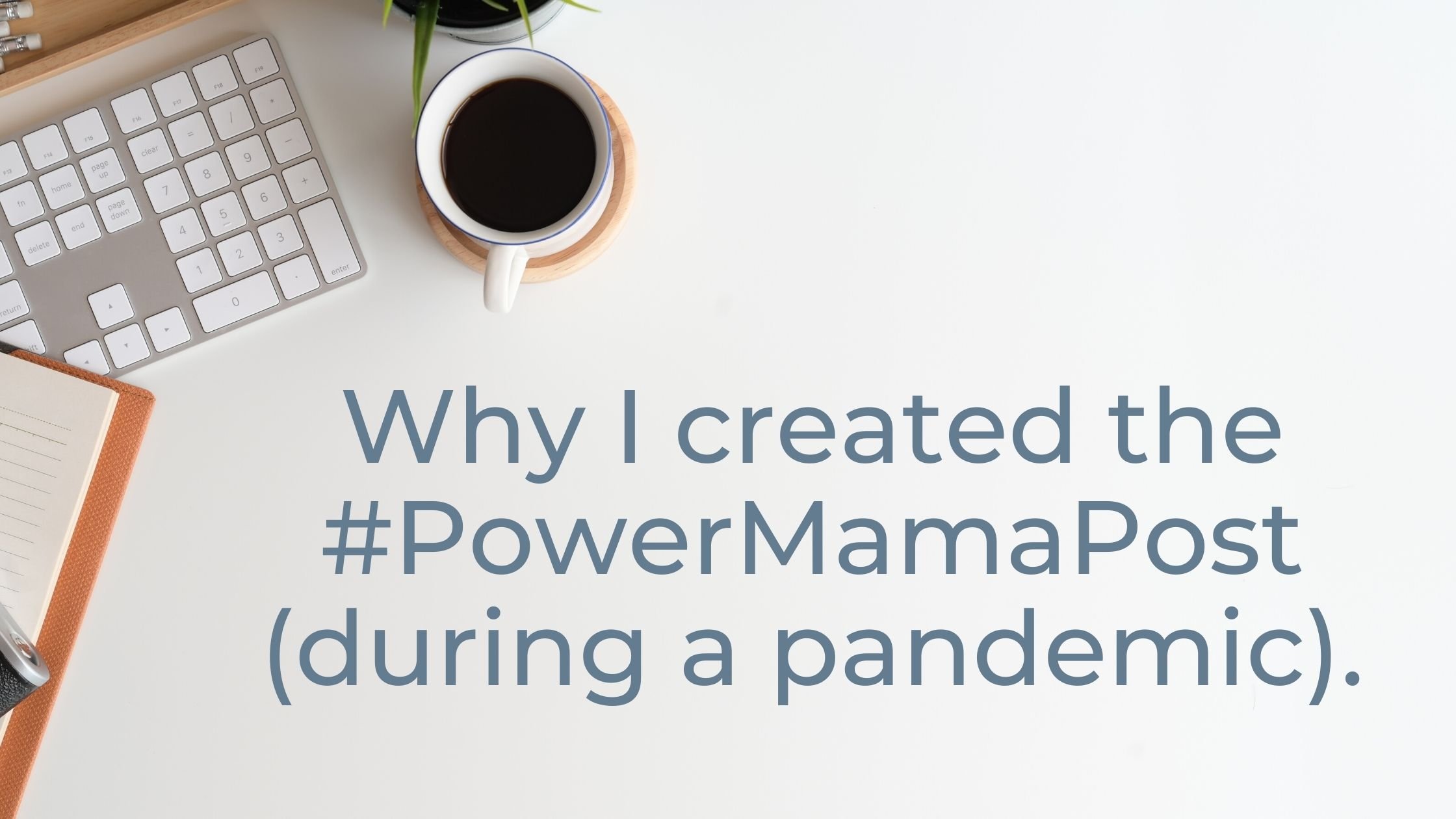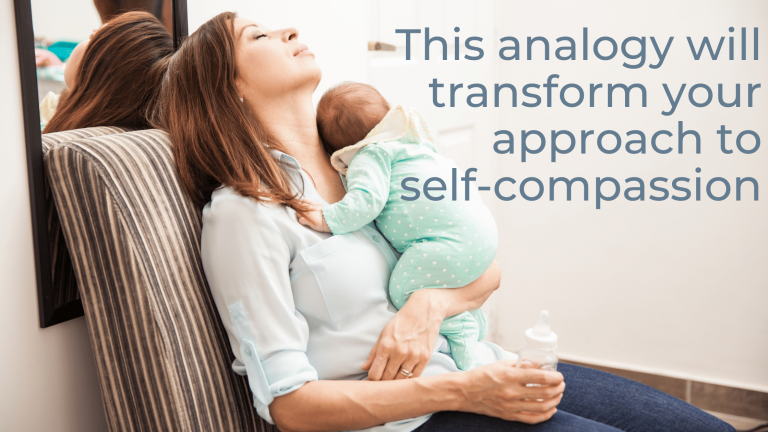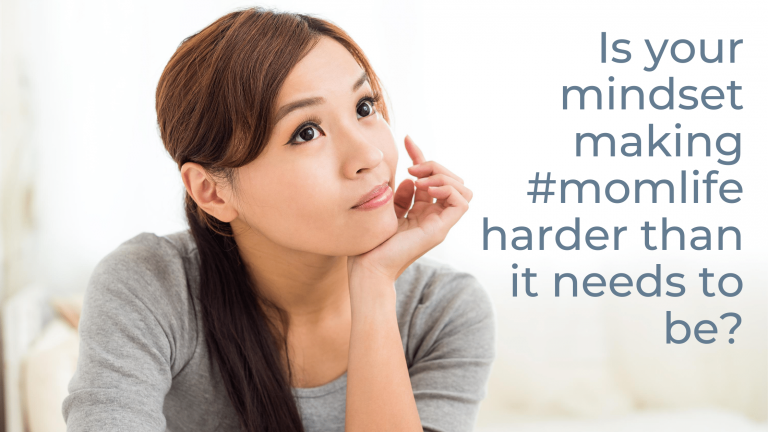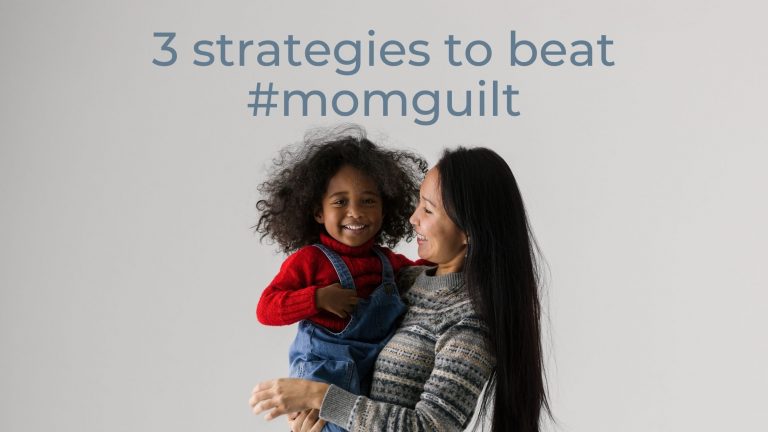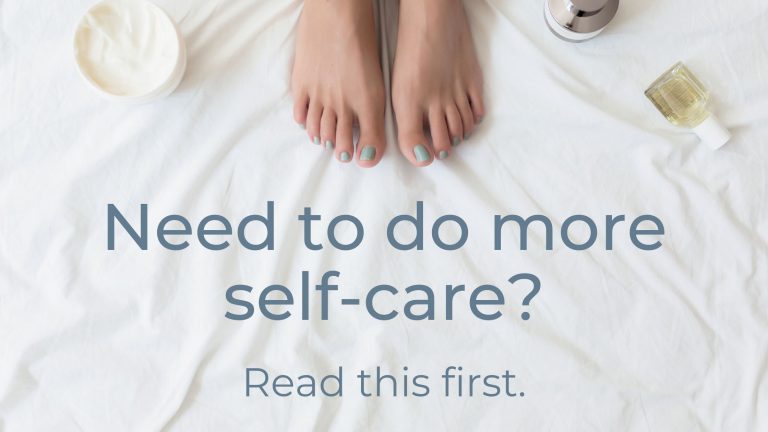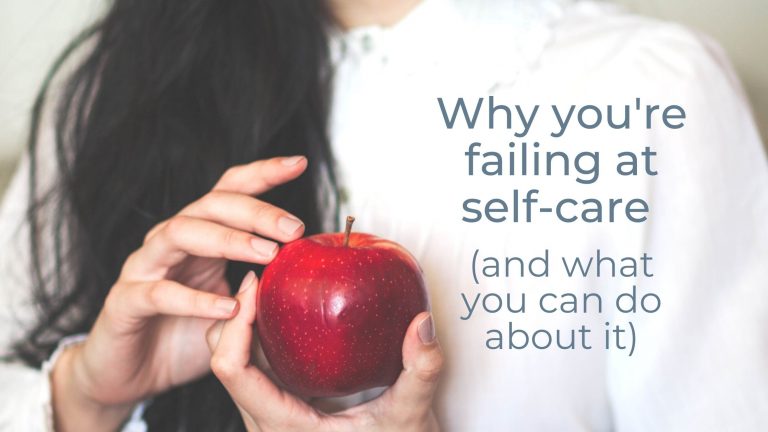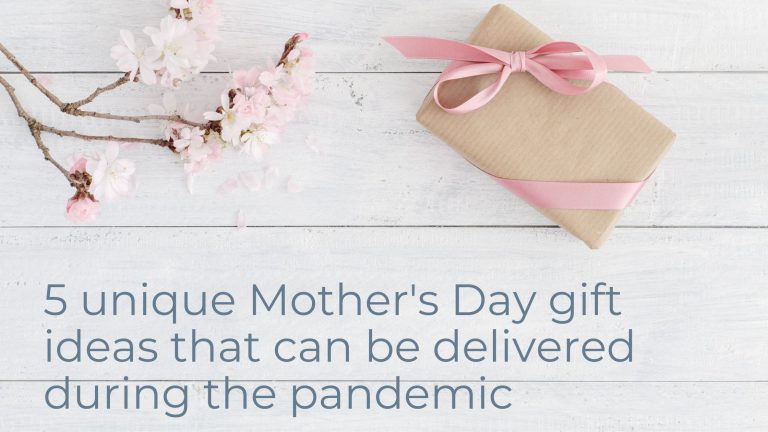Why I created the #PowerMamaPost.
The back story.
When I was twelve weeks pregnant with my second baby, I was diagnosed with a mood disorder. Although I had struggled with anxiety and depression at different points in my life, my mental health took a very severe dive shortly after getting pregnant, and began to have a drastic impact on my daily life. Concerned, friends and family started asking how I was doing, and I made the decision to be quite honest with them. ‘I’m really struggling right now. I have debilitating anxiety attacks. Depression makes it hard for me to get through the day.’
The more open I was about my own mental health, the more I heard from other mothers about their battles with anxiety and depression. It’s an epidemic among people who are in motherhood roles, with woefully inadequate supports and treatment available.
I’m continuously baffled at how inept we are, socially, medically, politically, when it comes to dealing with this stuff. I used to laugh at the remedies that professionals would prescribe to me – more rest, better nutrition, frequent exercise and self-care.
Self care? What’s that?
Through the lens of depression and anxiety, any list of self-care activities sounds ridiculous and feels impossible. Women in general are already struggling to take care of their own needs while managing jobs, caregiving and community work, without the added challenge of mental illness. So it feels particularly unfair to tell moms who are dealing with the overbearing weight of their roles that they just need to ‘do more’ to feel better.
Over time, with the help of medication, therapy and lots of support from friends and family, I was able to get my mood stabilized, for the most part. I slowly figured out how to take care of myself while mothering a new baby and a three year old. And I was finally able to start eating better (most of the time), exercising (more often), and connecting with friends regularly.
Then the pandemic struck . . .
Suddenly I was at home 24/7 with two young kids while my partner was trying to work from our basement. My strategy for making it through long days of parenting has always involved getting out of the house and being around other people, but I found myself cut off from all of my supports.
We couldn’t go to the park, to drop in groups, to the museum or library. No more visits with friends for coffee and conversations constantly interrupted by our kids. No childcare available to provide any respite for parents. None of my coping strategies, painstakingly developed over months and months of effort, worked anymore.
At the same time, everything at home was harder. More cleaning, more cooking, more demands for my attention and emotional labour. I felt things sliding out from under me. I was back to daily panic attacks, rabbit holes of depression and spiralling thoughts that always led to one conclusion: I’m a bad mom.
And so many of the mothers I know were feeling the same way. The weight of motherhood seemed to be increasing as exponentially as the virus, and things were feeling pretty desperate on a day-to-day basis.
So I shared my struggles with friends and they threw me a lifeline. They affirmed the way I was feeling and offered what support they could. ‘You got this’. ‘This is hard’. ‘It’s okay to feel shitty.’ ‘You’re a great mom’. And when they were struggling, I gave the same in return. It’s not a lot. Just a few words. It doesn’t solve all of the problems, but it does help.
Sometimes motherhood feels like a trap.
As mothers we are dealing with so many expectations that are just physically and emotionally impossible to sustain. We know they’re unrealistic, but they still find a way to take root somewhere inside you, and as they pile up they start to obscure your view of yourself.
It can be hard to see that what you’re going through isn’t about you, and you start to feel like you’re failing. You look around and all you can feel is overwhelmed by constant pressure that squeezes the breath from your chest.
You’re so busy trying to survive under the weight of it all that you forget to stop every now and then to appreciate how amazing you are.
No one thanks you for holding it all together, all of the time – do they even notice? – and so you too lose focus on the fact that you’re a fucking miracle worker, and you actually start to hate yourself for not doing a better job.
